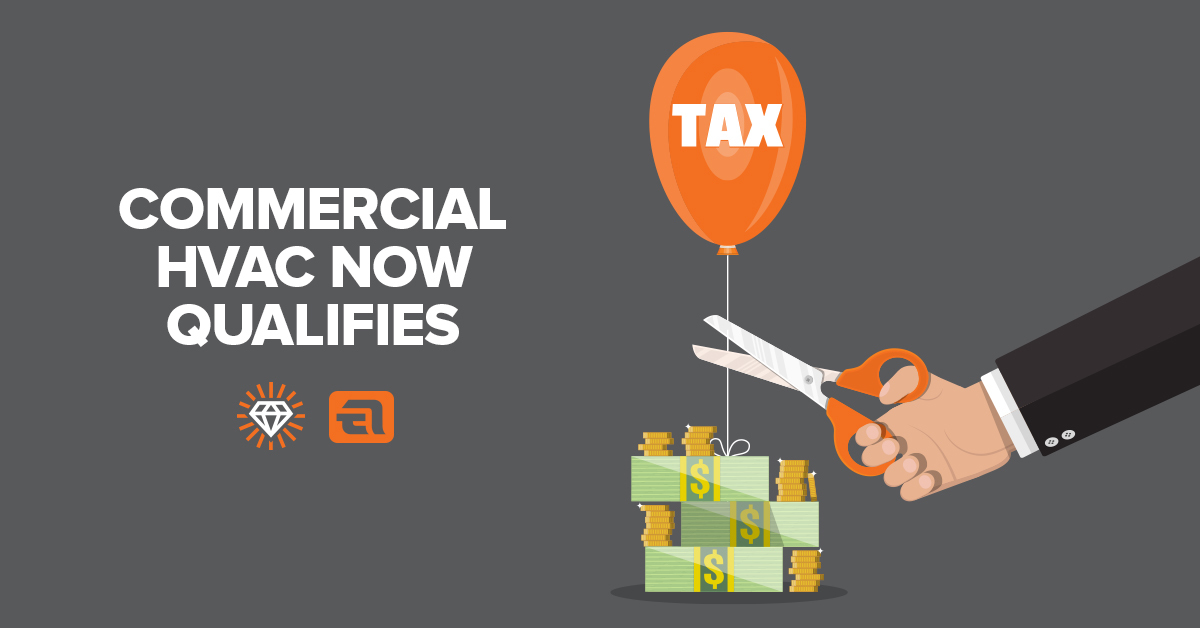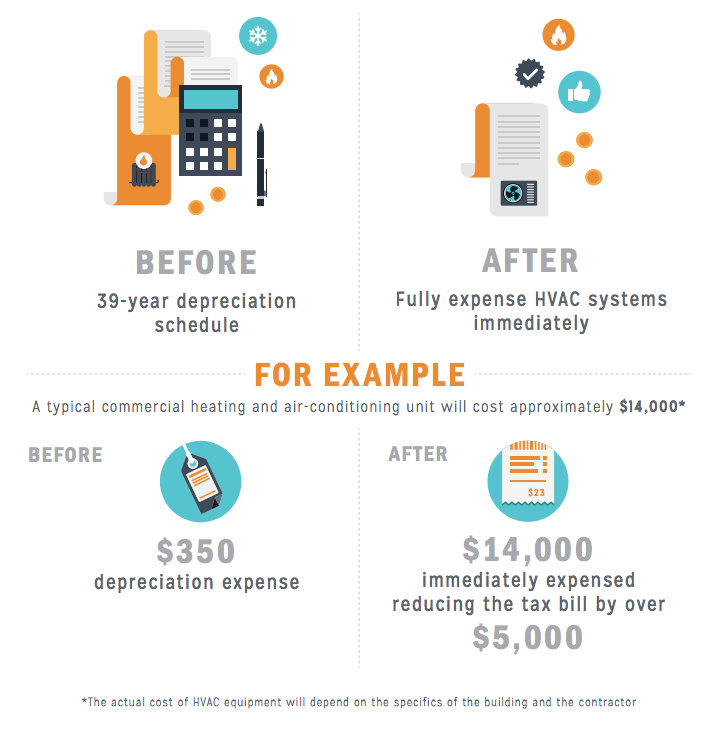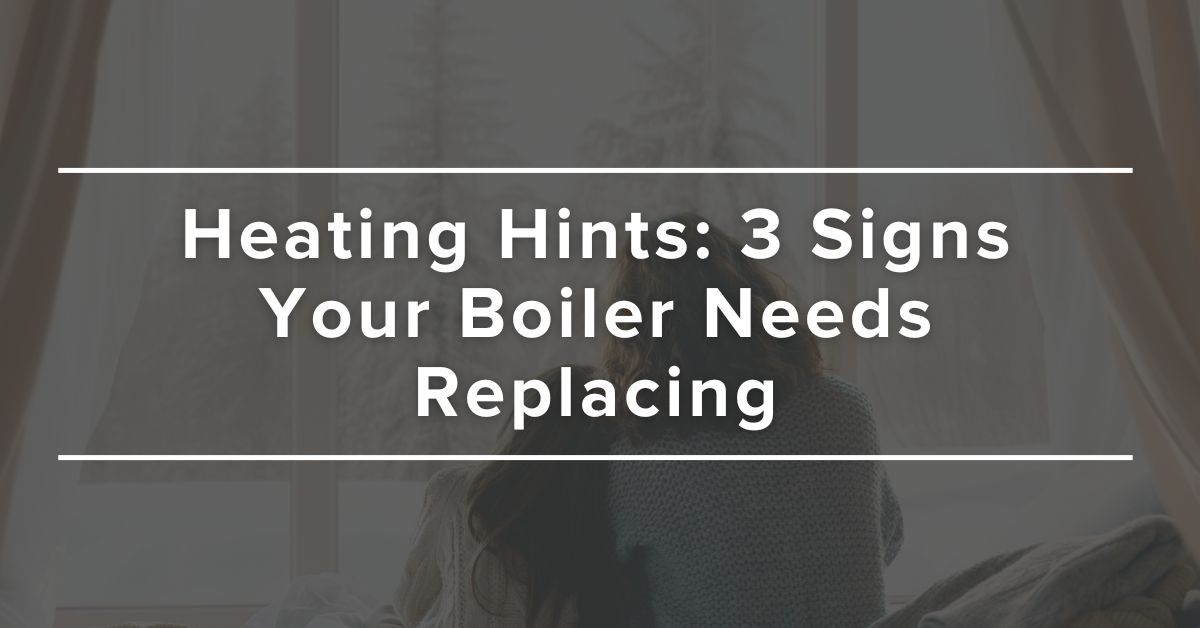
“We don’t have the money to replace HVAC equipment.” But, thanks to recent tax law changes, commercial businesses now have the financial ability to swap worn out HVAC equipment for better comfort, greater reliability, and lower energy bills!
WHAT DOES THIS MEAN FOR YOUR BUSINESS
The recently passed Tax Cut and Jobs Act included a provision to allow HVAC products to be immediately expensed. Under Section 179, small business expensing (all components of a “heating, ventilation, and air-conditioning” system) can be expensed in the first year instead of being depreciated over 39 years.

WHAT IS SECTION 179
Section 179 allows a taxpayer to immediately expense the cost of qualifying property—rather than recovering such costs through depreciation deductions. However, the Tax Reform increased the maximum amount a taxpayer could deduct under Section 179 for property placed-in-service after December 31, 2017, from $520,000 to $1,000,000. The phase-out threshold is also increased from $2,070,000 to $2,500,000 for property placed-in-service after 2017. The phase-out occurs when total Section 179 property placed-in-service during a tax year exceeds the threshold amount. At this point, the deduction is reduced dollar-for-dollar by the excess amount. Both the deduction and the phase-out limit will be increased for inflation beginning in 2019.
Qualifying property for Section 179 expensing has been expanded under the Tax Reform to include:
- Certain depreciable tangible property used in connection with lodging.
- Improvements to non-residential real property such as roofs, heating, ventilation, air conditioning, and fire and alarm protection systems.
GET BETTER COMFORT WITHOUT WAITING
When workspaces are more comfortable, people are more productive. If comfort issues cause a $50,000 per year employee to lose 5 percent of her productivity, the cost of poor comfort equals $2,500. If 25 similarly paid employees lose the same productivity, the annual cost of poor comfort jumps to $62,500. According to the Building Owners and Managers Association (BOMA), the No. 1 occupant complaint is space temperature that is either too warm or too cold.
One big reason today’s occupants aren’t comfortable is old HVAC systems weren’t designed to meet today’s workspace and heat load requirements.
Find the best solution to improve comfort, save money, and enhance reliability for years to come for your company by reading more about our COMMERCIAL HEATING & COOLING SERVICES.








